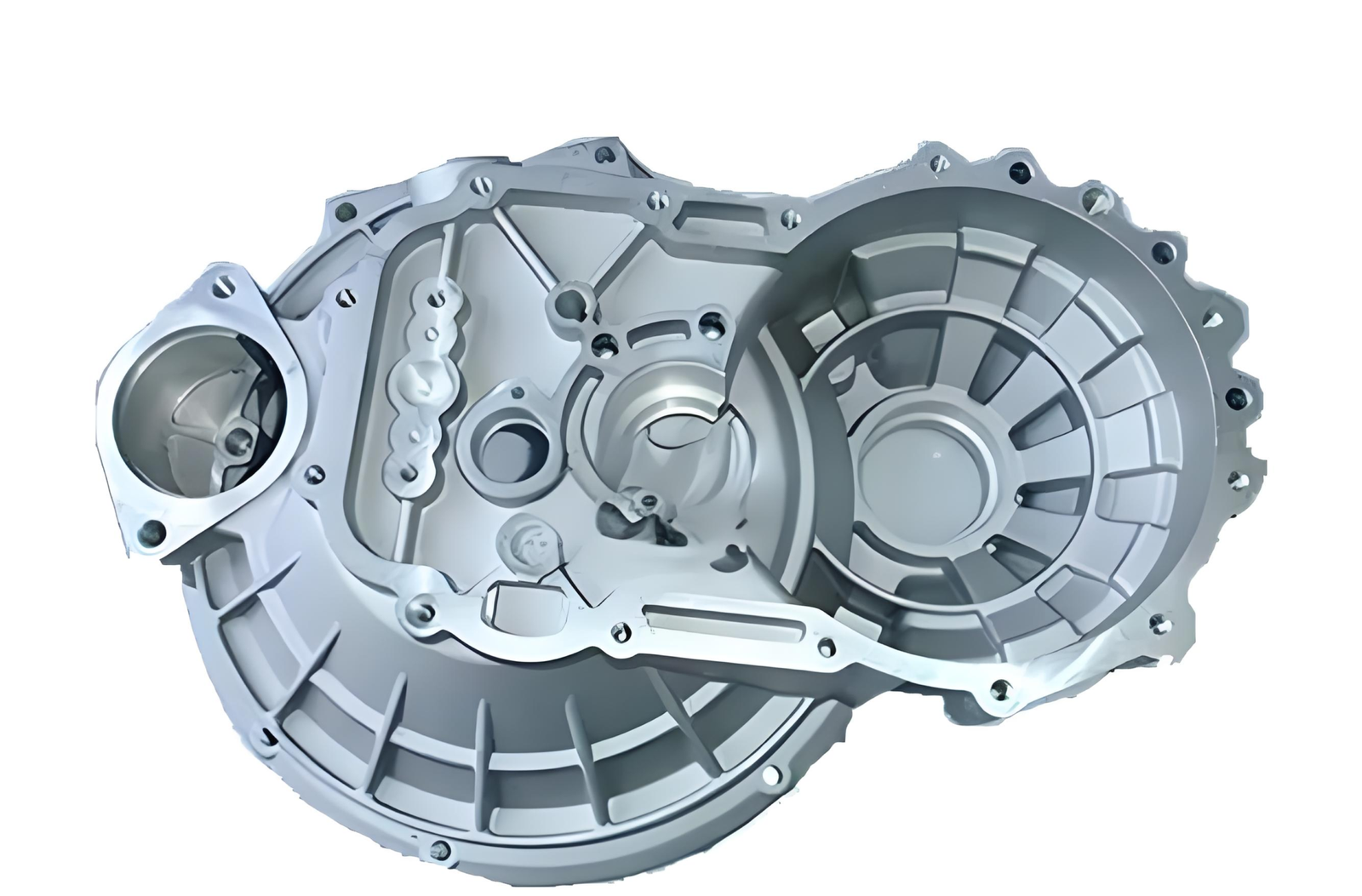
In the automotive industry, prototype components play a critical role in the design and development of vehicles. Whether it’s for testing, improving, or refining new models, precise machining of these components is essential. JUPAICNC Prototype automotive components machining services offer an effective way to reduce costs while ensuring high-quality results. Through a combination of advanced technologies, expert craftsmanship, and optimized production methods, companies can save significantly without compromising on the performance or reliability of their prototypes. The key to achieving cost reductions lies in streamlining the machining process, choosing the right materials, and utilizing cutting-edge equipment that can produce intricate parts with minimal waste and faster turnaround times.
One of the most efficient ways to reduce costs in prototype automotive components machining is by optimizing the machining strategies. Rather than relying on traditional, time-consuming methods, businesses are increasingly turning to advanced CNC machines that can handle complex geometries with ease. These machines allow for the automation of many tasks that were previously done manually, which not only saves time but also increases precision. The automated processes reduce human error and the need for constant oversight, which ultimately leads to lower production costs. By minimizing machine downtime and increasing throughput, JUPAICNC Prototype automotive components machining services can deliver rapid prototyping with reduced labor costs.
Another effective way to cut costs is by selecting the most suitable materials for each specific prototype. The choice of material significantly affects both the machining process and the final product’s performance. While some materials may be more expensive, they may also reduce the need for additional post-processing or quality control steps. Additionally, by choosing the right materials, manufacturers can avoid expensive rework caused by incorrect material selection or machining errors. With JUPAICNC’s expertise in prototype automotive components machining, companies can ensure that they are selecting the most cost-effective materials without sacrificing the performance or functionality of their prototypes.
The role of skilled machinists cannot be understated when it comes to reducing costs in prototype production. Even with the latest technology, the experience and expertise of the operators are crucial in ensuring that every component is machined to the exact specifications. Skilled machinists are able to optimize machining parameters, choose the correct tools, and anticipate potential issues before they arise. This proactive approach reduces scrap, minimizes rework, and increases the efficiency of the overall production process. At JUPAICNC, the team is composed of highly trained professionals who know how to maximize the potential of the machinery, ensuring that each project is completed to the highest standards while staying within budget.
Incorporating simulation software into the design and manufacturing process is another strategy for reducing costs in prototype automotive components machining. These software tools allow designers and engineers to model the machining process before any physical work is done. By running simulations, potential problems such as tool collisions, material wastage, or inefficient cutting paths can be identified and corrected in the virtual environment. This eliminates costly mistakes during the physical machining process and ensures that the final prototype is produced as efficiently as possible. JUPAICNC utilizes state-of-the-art simulation software to test and refine machining processes, leading to more precise and cost-effective prototypes.
Furthermore, by leveraging efficient production scheduling, businesses can reduce lead times and lower operational costs. Prototype automotive components often need to be completed within strict timelines, which can lead to rushed production and higher costs. However, by carefully planning and scheduling the production process, manufacturers can spread out workloads, avoid bottlenecks, and reduce idle time for machines. This approach ensures that the production process runs smoothly, with fewer delays or disruptions, leading to a reduction in overall costs. JUPAICNC’s ability to handle tight deadlines and deliver prototypes on time, while keeping costs low, is a major advantage for businesses looking to stay competitive in the automotive sector.
Finally, collaboration with trusted machining service providers such as JUPAICNC allows automotive manufacturers to access a broad range of resources and expertise. By partnering with a company that specializes in prototype automotive components machining, businesses can avoid investing in costly equipment and training. This approach also provides access to a diverse set of machining capabilities, including the latest in CNC technology, which would otherwise be costly to acquire independently. As a result, companies can focus their resources on other areas of their business while relying on their machining partners to handle the technical aspects of prototype production.
